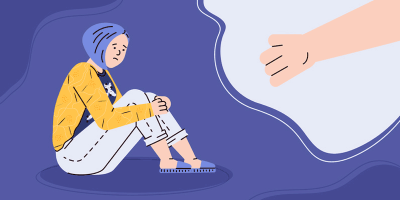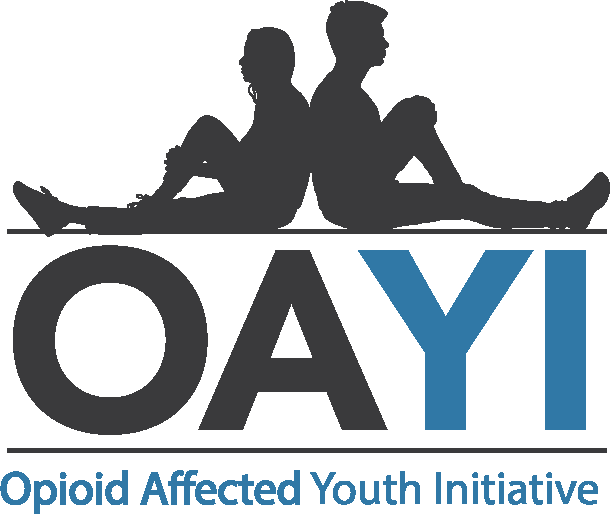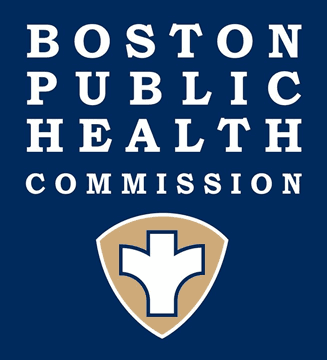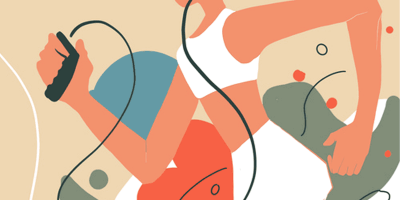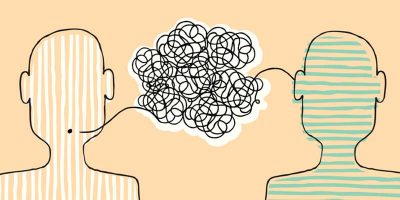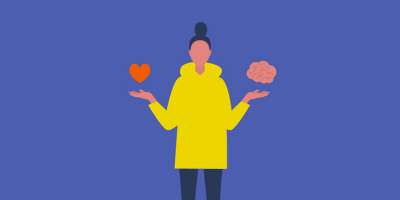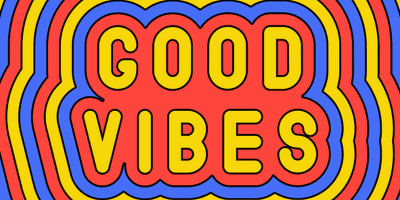“Seems like something’s been up lately. Is everything ok?”
It’s not too late. Just listen.
There are times when we’ve all felt sad or upset, like nothing is going our way. If there is one thing we’ve learned it’s that what we feel matters. It’s worth talking about it – to our friends, to our parents or caregivers, to the people we trust in our lives. Whether you or a friend is dealing with a tough situation, having a hard time, or even gotten into trouble, it’s not too late to get help – or to be of help.
If you’re a parent or caregiver of a teenager, welcome! Here you will find tips and techniques to stay involved and help improve your relationship with your teen. The best way to start is to just listen.
As the Boston Youth Resiliency and Recovery Collaborative, we aim to prevent and address substance use, those impacted by the opioid crisis, and their loved ones. Click here for more information about our program.
Disclaimer: If you or someone you know is in danger, please
call 911
It’s not too late
In this section you will find signs and behaviors that may show that you or a friend need connection and support, and tips to help you start the conversation. These signs do not automatically mean you are in trouble.
When to engage
Sometimes it’s hard to know when to reach out when you or a friend needs support. That’s why it’s important to learn what to look for – to read the signs that say “I need help.” These signs aren’t about shaming, blaming, or making you feel bad about yourself or others. They’re about becoming aware of when you need to take action to make things better.
Substance misuse
You’re misusing substances. Substances (or drugs) are chemicals that cause a change in your body or brain. Most drugs affect your body through the brain, which is your control center. Substance use disorder is a disease that affects a person’s brain and behavior, making it difficult for them to control the use of a substance. The younger someone starts misusing substances, the more likely a substance use disorder can develop. For more information about addressing and preventing substance use, visit: samhsa.gov/find-help/national-helpline
Antisocial
You always want to be alone and stop talking to friends. People don’t hear from you as often as they normally would.
Distracted
You find it hard to focus and your mind is elsewhere when you talk to friends and family.
Erratic
There are big, sudden changes in your behavior (hygiene, sleeping, eating, or dressing habits).
Disengaged
You lose interest in school, hobbies, and sports/other extracurricular activities.
Negative posts
You make a lot of negative or sad postings on social media.
Short temper & impulsive
You’re easy to anger or annoy, and you take big risks for little or no reason.
Next steps
Some of these signs and behaviors point to problems that are too big to handle alone, no matter how much we care about ourselves and our friends. You may want to bring these “bigger” situations to an adult that you trust. Follow these links to find people who will listen and help without judging you.
The East Boston Alliance for Support, Treatment, Intervention and Education is a coalition of community agencies and residents that mobilizes youth, families, community members, and leaders to prevent and reduce substance misuse among youth and adults in our community.
Peer Health Exchange’s mission is to build healthier communities with young people. Together, they create education opportunities for peers to share the tools and resources young people need to make healthy decisions.
The BMC CATALYST program helps teens and young adults who use alcohol or drugs. Their team provides access to a wide range of services including primary care, harm reduction, assessment and treatment of substance use disorders, psychiatry, psychotherapy, and recovery support for patients through age 25 and their families.
Having a conversation about mental health might be uncomfortable, but it can make all the difference. Check out these tools – from conversation guides to tips –that can help you help those in need.
With You Here is a partnership between The Ohio Suicide Prevention Foundation and Canvas Consulting of Columbus. It is dedicated to creating and connecting young Black adults with the resources needed to address their mental health.
For more information on this campaign and initiative, please email copecodeclub@gmail.com
This webpage supports the goals and objectives of the Boston Public Health Commission’s Opioid Affected Youth Initiative / Boston Youth Resiliency & Recovery Collaborative (BYRRC) through the development of a collaborative, crosssector, and data-driven city-wide implementation plan to support youth and their families who have been adversely affected by the opioid crisis.
This webpage was prepared under grant #2019-YB-FX-K004 from the Office of Juvenile Justice and Delinquency Prevention (OJJDP), U.S. Department of Justice. The information presented does not necessarily reflect the opinions of OJJDP/OJP/DOJ.
It’s not too late. Just listen.
There are times when we’ve all felt sad or upset, like nothing is going our way. If there is one thing we’ve learned it’s that what we feel matters. It’s worth talking about it – to our friends, to our parents or caregivers, to the people we trust in our lives. Whether you or a friend is dealing with a tough situation, having a hard time, or even gotten into trouble, it’s not too late to get help – or to be of help.
If you’re a parent or caregiver of a teenager, welcome! Here you will find tips and techniques to stay involved and help improve your relationship with your teen. The best way to start is to just listen.
As the Boston Youth Resiliency and Recovery Collaborative, we aim to prevent and address substance use, those impacted by the opioid crisis, and their loved ones. Click here for more information about our program.
Disclaimer: If you or someone you know is in danger, please
call 911
Just listen (for parents and caregivers)
The ad you swiped up on was created by real Boston teens, to foster positive and healthy relationships between youth and their parents, caregivers, and trusted adults. As we know, healthy relationships start with good communication – and that’s what this site is about.
What to listen for
As a society, we don’t often talk about what to look for to find out if your teen needs more support. Learning about these signs isn’t about shaming, blaming, or making teens feel bad about themselves. This is meant to make you aware of what to look for so you can take action to help your teen feel better. Here are some warning signs that a teen may need your support.
Substance misuse
Your teen is displaying signs of substance misuse. Substances (or drugs) are chemicals that cause a change in your body or brain. Most drugs affect your body through the brain, which is your control center. Substance use disorder is a disease that affects a person’s brain and behavior, making it difficult for them to control the use of a substance. Please note: substance misuse affects teens and adults in different ways. For more information about addressing and preventing substance use, visit: samhsa.gov/find-help/national-helpline
Out of the norm
You’ve noticed something different that just doesn’t seem right, but aren’t sure why.
Unexpected behavior
Your teen’s behavior seems different than others in their peer group.
Antisocial
Your teen is having a hard time engaging with family and friends.
Disengaged
Your teen has lost interest in hobbies or activities they used to enjoy.
Changes in eating and sleeping habits
They have little appetite or are overeating. Unusual shifts in sleep patterns.
Short temper & impulsive
They’re easy to anger or annoy, and they take big risks for little or no reason.
Next steps
Other resources and tools to figure out when you need to bring in additional help.
This course teaches you how to identify, understand, and respond to signs of mental illnesses and substance use disorders. The training gives you the skills you need to reach out and provide initial help and support to someone who may be developing a mental health or substance use problem or experiencing a crisis.
TEAM’s mission is to equip friends and family members of those struggling with a mental health condition with the right information and resources necessary to take action and help their loved ones. They are the support for the support.
This resource provides insights and advice to help you look after your own mental health and support others.
MHA’s work is driven by its commitment to promote mental health as a critical part of overall wellness, including prevention services for all; early identification and intervention for those at risk; integrated care, services, and supports for those who need them; with recovery as the goal.
For more information on this campaign and initiative, please email copecodeclub@gmail.com
This webpage supports the goals and objectives of the Boston Public Health Commission’s Opioid Affected Youth Initiative / Boston Youth Resiliency & Recovery Collaborative (BYRRC) through the development of a collaborative, crosssector, and data-driven city-wide implementation plan to support youth and their families who have been adversely affected by the opioid crisis.
This webpage was prepared under grant #2019-YB-FX-K004 from the Office of Juvenile Justice and Delinquency Prevention (OJJDP), U.S. Department of Justice. The information presented does not necessarily reflect the opinions of OJJDP/OJP/DOJ.
